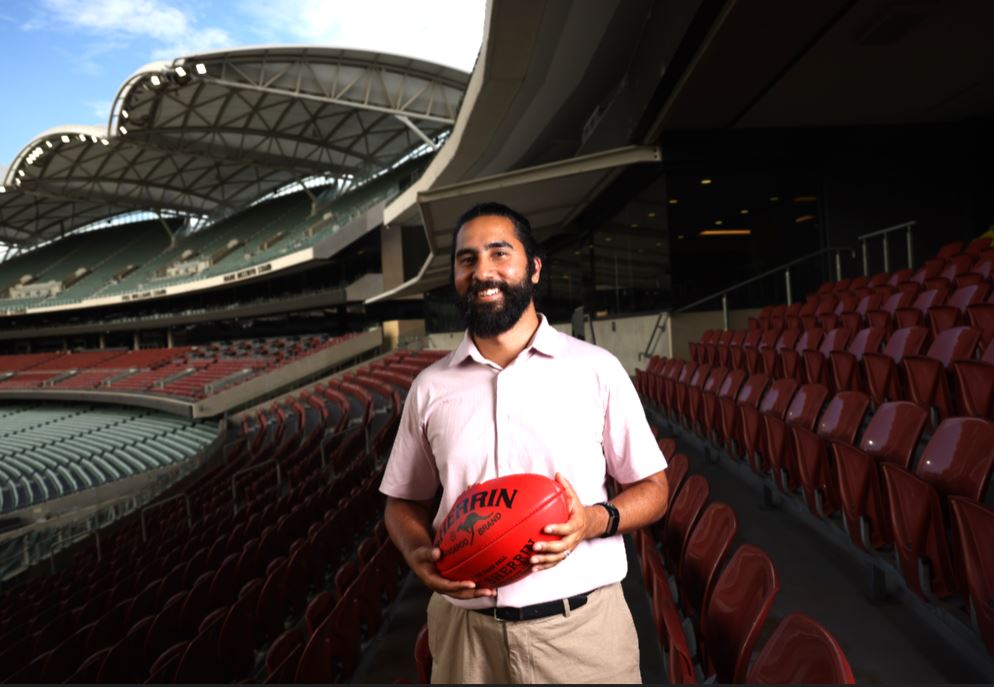Mental Health Coordinating Council (MHCC) congratulates Dr Amanda Cohn and the Portfolio Committee for the findings and recommendations from the Inquiry into the equity, accessibility and appropriate delivery of outpatient and community mental health care in New South Wales.
The Committee is acknowledging that mental health care is chronically underfunded and fragmented, hence immediate action is needed to make sure people can access the care they deserve. The report highlights the need for adequate resourcing of community mental health services and the implementation of several recommendations which will support more people to have choice and autonomy over their mental health care.
Inadequate funding of the whole system is creating multiple, compounding issues and challenges for consumers, carers and the mental health workforce, for example overuse of involuntary orders.
MHCC is pleased to see that the Inquiry recommendations align with our recommendations to the Committee, in particular calling for widespread investment in mental health and psychosocial services.
“The Committee has made 39 recommendations to improve community and outpatient mental health care in NSW, with 23 of those relating directly to MHCC’s recommendations,” Dr Evelyne Tadros says.
Finally, this report brings together priorities identified in seven reviews conducted at state and national level over the last four years, with 11 simultaneously underway at present. Positively, the recommendations focus on early intervention within the community as well as improved integration and navigation, reducing the burden on public emergency and crisis care and ultimately providing better outcomes for the people of NSW.
The inquiry recommendations could have been strengthened by drawing on our recommendations for ‘step-up step-down’ services as an important model of care that reduces the need for access to public mental health inpatient services. Likewise, mental health community-managed workforce was left out of workforce considerations, which needs to be addressed urgently as per our Workforce Solutions Paper. Nevertheless, the report is addressing the need to integrate peer workers into the broader mental health workforce, determine clear role definitions, framework and qualifications, and fund additional scholarship places in Mental Health Peer Work, noting MHCC has been an RTO provider for over 17 years.
Importantly, the report urges the NSW Government to undertake a whole of government reform approach to the mental health system, which addresses social and environmental determinants of health including housing, cost of living, transport, education, employment, climate change and impact of natural disasters. The Committee also emphasises the need for enhanced service and referral pathways and information sharing between State and Commonwealth Government agencies, non-government and community-managed organisations, and private health care services. This would facilitate better access, affordability, and navigation of services, and expand the employment of peer navigators to strengthen service navigation.
Another recommendation is the establishment of a centre of excellence for research, training, clinical supervision and support, to deliver specific evidence-based therapies especially in trauma-informed care and explore opportunities for integration between primary care and mental health services, including embedding mental health clinicians within general practice.
We recognise the NSW Government’s announcement of a $111.8 million package of initiatives. This will include $30.4 million for community mental health teams, $40 million for Pathways to Community Living Initiative (PCLI), $39 million for Mental health single front door and $2.4 million for the Mental Health Review Tribunal.
Dr Evelyne Tadros says: “The PCLI investment of $10 million a year for four years falls significantly short of the original bid preferred providers submitted in 2021. Some of the preferred providers bid for circa $40 million a year over four years (this is four times the current budgeted amount)”.
“This budget announcement simply does not go far enough to address the recommendations of the Inquiry. The critical plea to NSW Government is to immediately commit to increase and maintain funding across the entire mental health system with a priority investment in community-based mental health services.”
This would be wholeheartedly welcomed, as is the recommendation to increase funding cycles to five years, to support the growth and stability of the workforce and improve continuity of care. Expansion of the Safe Haven program is recommended to be a 24/7 service, with a view of opening additional Safe Havens in high-need rural, regional and remote areas. We also especially thank the committee for their recommendation 28, which is our recommendation 1: that the NSW Government invest in the expansion of supported living services such as the Housing and Accommodation Support Initiative (HASI), Housing and Accommodation Support Initiative Plus (HASI+) and PCLI programs.
We look forward to the NSW Government’s response and subsequent investment to this worthy report that has truly recognised the needs of the people in NSW.
About us:
Mental Health Coordinating Council (MHCC) is the peak body for mental health community-managed organisations in NSW. MHCC povides policy leadership, promotes legislative reform and systemic change, and develops resources and training to assist mental health community organisations to deliver quality and effective services underpinned by best practice principles mhcc.org.au








